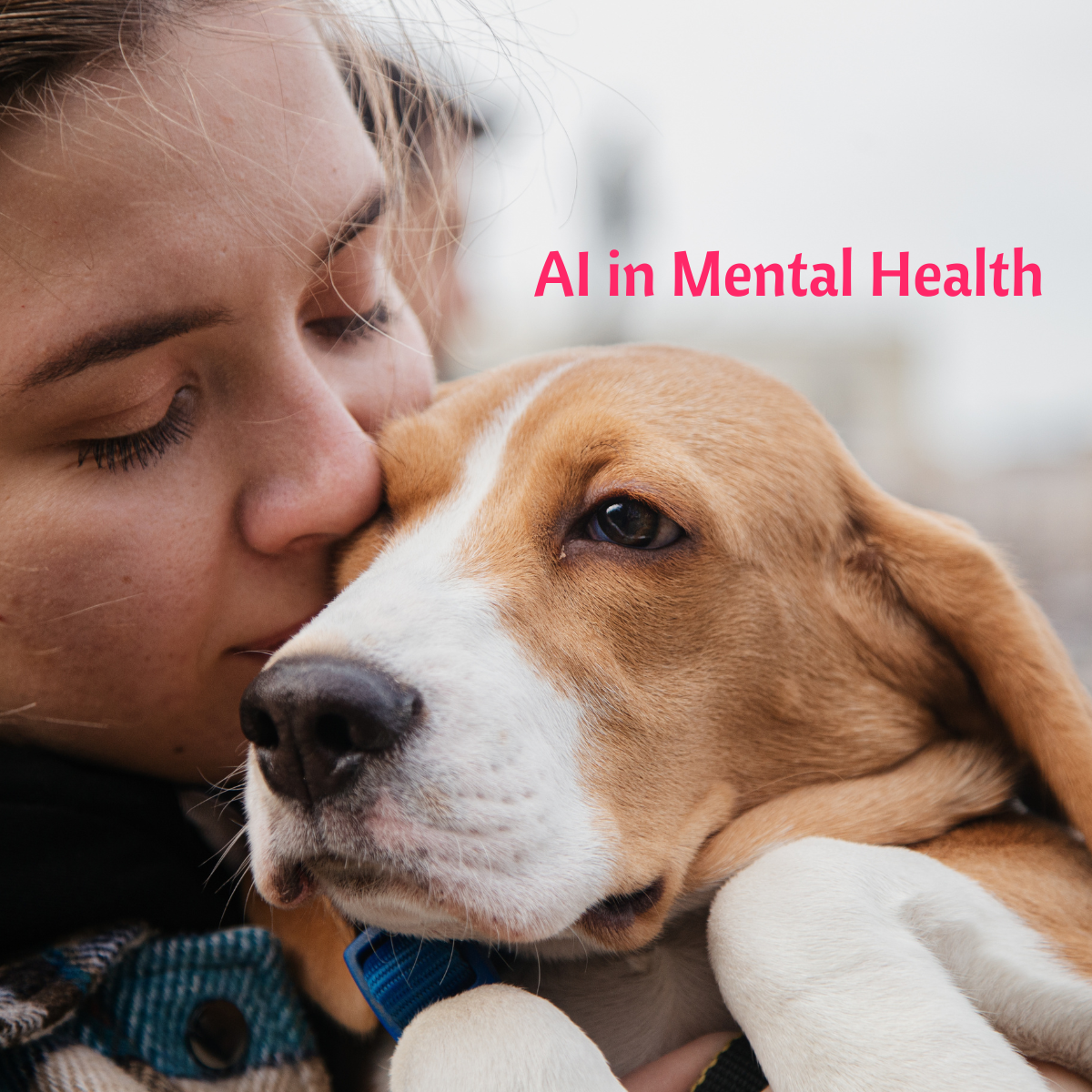Posted At: Aug 16, 2025 - 373 Views

The Future of AI in Mental Health
The integration of artificial intelligence (AI) into mental health care is rapidly transforming the landscape of how we understand and treat mental health conditions. With advancements in technology, AI is poised to play a pivotal role in enhancing mental health services, improving accessibility, and personalizing treatment. Here’s a look at the future of AI in mental health and its potential impact.
1. Enhancing Accessibility to Care
Breaking Down Barriers
One of the most significant challenges in mental health care is accessibility. Many individuals face barriers such as stigma, cost, and geographic limitations. AI-powered tools, such as chatbots and virtual therapists, can provide immediate support and guidance, allowing users to seek help in a more comfortable and private environment.
24/7 Support
AI applications can offer round-the-clock support, ensuring that individuals have access to mental health resources whenever they need them. This can be especially beneficial for those in crisis or experiencing anxiety outside of traditional office hours.
2. Personalized Treatment Plans
Data-Driven Insights
AI can analyze vast amounts of data from various sources, including electronic health records, social media interactions, and user responses. By identifying patterns and trends, AI can help mental health professionals tailor treatment plans to individual needs, improving outcomes and enhancing the effectiveness of therapies.
Adaptive Learning
AI systems can learn from patient interactions, adapting their responses and recommendations over time. This means that as a patient’s needs change, the AI can provide more relevant suggestions, ensuring that the treatment remains effective and aligned with their current situation.
3. Early Detection and Prevention
Predictive Analytics
AI can assist in the early detection of mental health issues by analyzing behavioral data and identifying warning signs. For example, changes in communication patterns on social media or decreased activity levels can be red flags. Early intervention can lead to better long-term outcomes.
Screening Tools
AI-powered screening tools can provide initial assessments for conditions such as depression and anxiety. These tools can help reduce the burden on mental health professionals by streamlining the evaluation process and allowing clinicians to focus on treatment.
4. Supporting Mental Health Professionals
Augmenting Clinical Decision-Making
AI can serve as a valuable resource for mental health professionals by providing insights and recommendations based on data analysis. This can enhance clinical decision-making and support therapists in developing effective treatment strategies.
Reducing Administrative Burdens
AI can automate administrative tasks, such as scheduling appointments and managing patient records, allowing mental health professionals to spend more time with their clients. This can lead to improved patient-provider relationships and better overall care.
5. Ethical Considerations and Challenges
Privacy and Security
As AI systems collect and analyze sensitive mental health data, ensuring privacy and security is paramount. It’s crucial to implement robust data protection measures to safeguard patient information and maintain trust in AI solutions.
The Human Element
While AI can provide valuable support, it cannot replace the human connection that is vital in mental health care. It’s essential to strike a balance between utilizing AI tools and maintaining compassionate, human-centered care.
Bias and Fairness
AI systems can inadvertently perpetuate biases present in the data they are trained on. Ensuring that AI solutions are equitable and serve diverse populations is a significant challenge that must be addressed.
Conclusion
The future of AI in mental health holds immense potential to revolutionize how we approach mental health care. By enhancing accessibility, personalizing treatment, enabling early detection, and supporting mental health professionals, AI can contribute to a more effective and compassionate mental health system. However, as we embrace these technologies, we must remain vigilant about ethical considerations and ensure that the human element of care is never lost. With thoughtful integration, AI can be a powerful ally in the ongoing effort to improve mental health for all.
